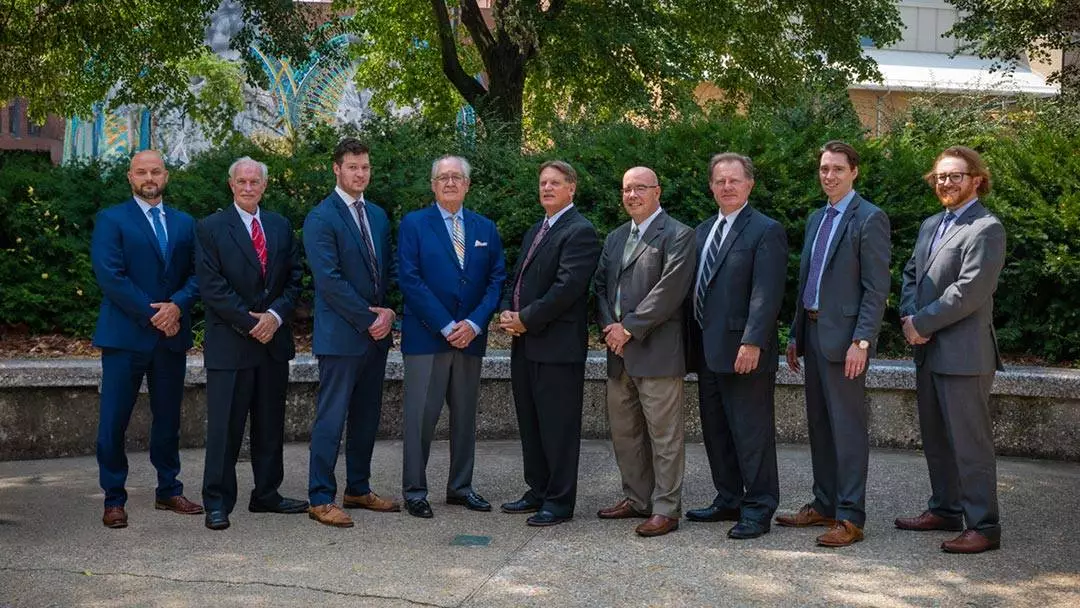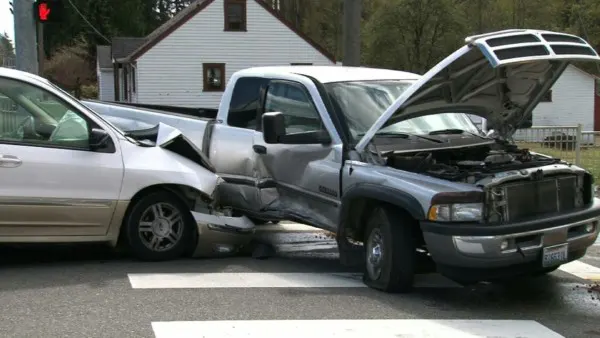If you have recently been involved in a car crash, you are likely trying to figure out how you will pay for your medical bills, pay to have your car fixed, and make up for the time you are missing from work. Filing a claim with the at-fault party’s insurance company is typically the first step in seeking compensation. But when you speak with the insurance company, what should you say? And what shouldn’t you say?
Below, we will detail what you should know before speaking with the insurance representative or adjuster to ensure your right to seek financial compensation is protected.
The car accident attorneys at Slater & Zurz have helped injured victims recover their rightful compensation for over 30 years and handled over 40,000 clients with their claims. If you were in an auto accident and needed help in seeking damages from those responsible, we can expertly handle the insurance claims process for you. Call (888) 534-4850 to arrange your FREE consultation today.
What to Do When Speaking With the Insurance Company
After a car accident, you will likely want to file a claim with the at-fault insurance companies and notify your insurance carrier of the collision. You might also start getting calls from the insurance companies of the other parties involved. But before speaking to any insurance representative, it is best to know what to say.
- Take some time to gather your thoughts – Emotions can run high after an accident. Make sure you stay calm, be polite, and avoid taking your anger and frustration out on the insurance company representative. Making an initial good impression may help you in your future dealings with the insurer.
- Tell them only the basics – Limit any information you provide to them to only the necessary details. Give them your name and contact information, and let them know you were in an accident. Provide details, such as when and where the accident occurred, who was involved, and whether there was property damage.
- Do not discuss your injuries – The insurance adjuster will probably ask whether you were injured in the accident. However, discussing the nature and extent of your injuries on your initial call is generally not a good idea. Very often, injuries come to light well after the accident. If you list only some of your injuries before knowing the full extent, the insurance may use this against you at a later time.
- Do not give a recorded statement – The adjuster will ask you to make a recorded statement or ask whether they can record the call. DO NOT agree to be recorded or give a recorded statement.
- Get their name and contact information – Be sure to ask for the name, job title, and phone number of the insurance representative you speak to for your records.
What Not to Say to an Insurance Adjuster
It is equally important to know what not to say to the insurance company. Saying the wrong thing to the insurance can drastically affect your ability to secure full and fair compensation for your losses. Below are some tips on what to avoid when speaking with the insurance representative.
- Do not admit fault or apologize for the accident – It is not uncommon for people to say they are sorry or take the blame for an accident they didn’t cause. Be sure not to apologize or assume responsibility for the facts. It is best to know all of the facts of the accident before taking any responsibility.
- Do not make statements right after the crash – After an accident, people are often confused and may not be fully aware of what happened. Making statements before having a chance to assess the situation properly can negatively impact your claim, so it is best not to discuss the details with anyone right away or even until your claim is resolved.
- Do not say you weren’t injured – Many injuries do not present themselves until hours, days, or even weeks after the crash. Do not tell the insurance company or anyone involved that you are unharmed. It is always best to wait until you have had a full medical evaluation before discussing your medical condition.
- Do not accept a settlement right away – Insurance adjusters will frequently try to get you to sign papers and agree to a settlement shortly after the accident. They might do this in an effort to get you to agree to an amount less than what you are truly owed. It is never a good idea to agree to a settlement before consulting with a qualified Ohio auto accident lawyer.
Frequently Asked Questions about Ohio Car Accident Insurance Claims
Do I file a claim with my insurance company or the at-fault party’s insurer?
If you are involved in an accident that was not your fault, you will want to file a claim with the other driver’s insurance company, known as a “third-party claim.” However, it is also best to notify your insurance company of the accident.
How much time do I have to file a claim after a car accident?
In Ohio, the time limit or statute of limitations for filing a car accident claim is two years. This time period begins from the date the accident took place. Failing to file a claim within two years of the accident will likely forever deny you the chance to be compensated for your injuries and other losses caused by the crash.
Do I need a lawyer to file an auto accident claim?
Injured victims can file a claim without an injury lawyer. However, we do not recommend doing so. Insurance companies frequently try to save money by paying out as little as possible or even denying the claim altogether. Hiring an experienced Ohio car accident attorney will look out for your best interests and help you secure the compensation you deserve.
Consult With a Leading Auto Accident Lawyer in Ohio
We understand that being involved in a car, truck, or motorcycle crash can be very frustrating – especially when the accident was not your fault. If you were injured in a motor vehicle accident, Slater & Zurz can help you file a claim and secure much-needed compensation. Our experienced Ohio auto accident injury attorneys can help with every aspect of the claims process, including handling all communication with the insurance company. For help with an auto accident claim, call (888) 534-4850 to arrange a FREE, no-obligation consultation. We have offices in Akron, Canton, Cincinnati, Cleveland, Columbus, Dayton, and Toledo to serve you.






